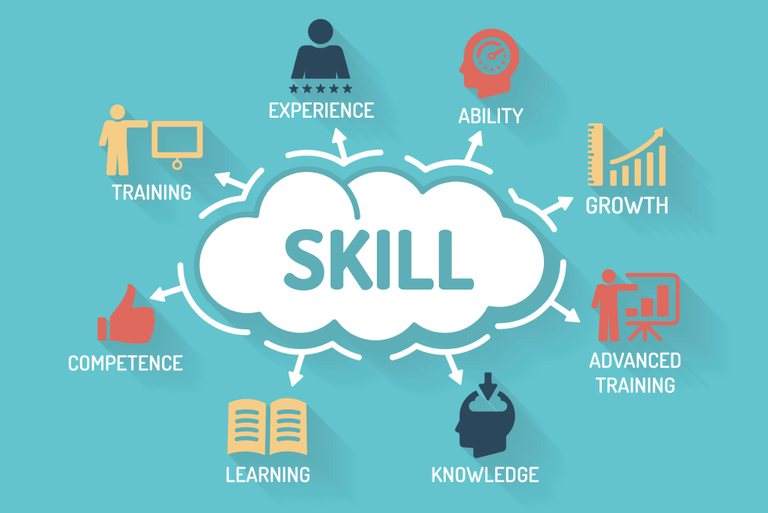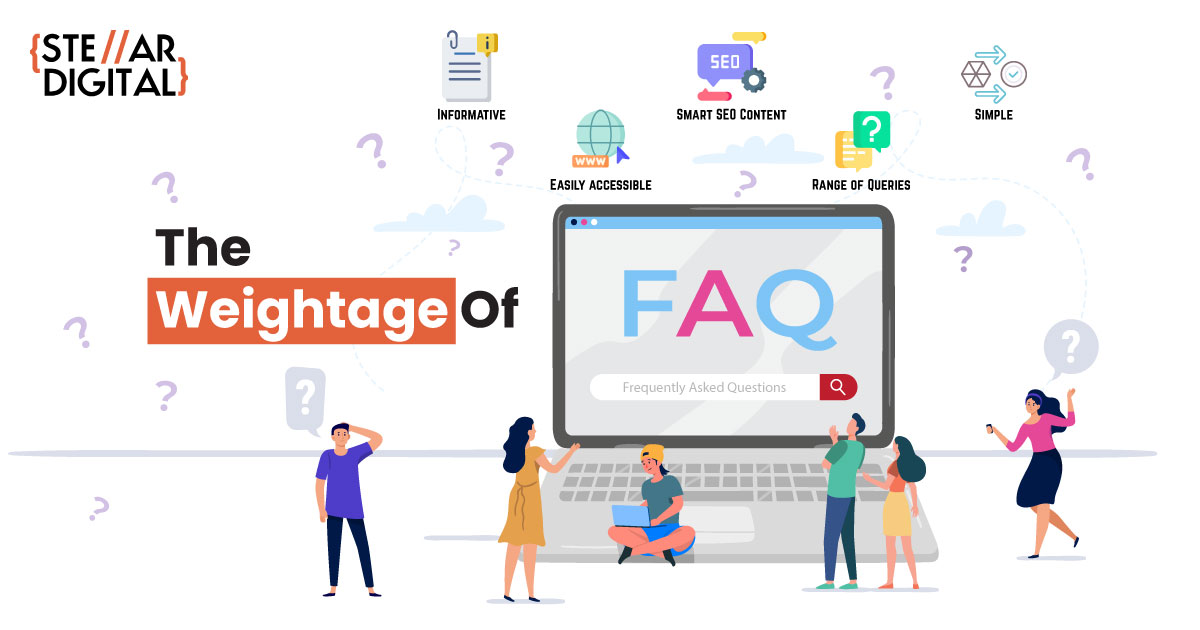Discover the Power of Statistics: A Subject ReviewExplore the world of statistics - data analysis, probability, and the insights it reveals. Learn about key concepts, career paths, and why statistics matters.
Table of Contents
- What is Statistics?
- Key Disciplines within Statistics
- Why Study Statistics?
- Careers in Statistics
- Skills Needed for Success in Statistics
- Famous Statisticians
- Top Universities for Statistics
- The Future of Statistics
- FAQ
What is Statistics?
Statistics is the science (and art) of collecting, analyzing, interpreting, and presenting data to make informed decisions and solve real-world problems. It provides a powerful toolkit for transforming raw information into meaningful insights that help us understand patterns, predict trends, and test hypotheses.
Key Disciplines within Statistics
Statistics encompasses a range of specialized areas, including:
- Descriptive Statistics: Summarizing and describing data using measures like mean, median, standard deviation, and visualizations.
- Inferential Statistics: Making generalizations about a population based on a sample. Involves hypothesis testing, confidence intervals, and regression analysis.
- Probability: The study of chance and uncertainty. Helps calculate likelihoods of events, essential for risk assessment and modeling.
- Statistical Modeling: Creating mathematical representations of real-world phenomena to understand and predict behavior.
- Experimental Design: Careful planning of studies to ensure reliable results and control for confounding variables.
- Data Mining: Discovering patterns in large datasets using statistics, computer science, and machine learning techniques.
- Biostatistics: Application of statistical methods to biological and health-related research.
- Econometrics: Statistical analysis of economic data to model and forecast economic behavior.
Why Study Statistics?
- Data-Driven World: We live in an era of big data; statistics skills are crucial for making sense of information overload.
- Problem-Solving Across Fields: Statistics is applicable in nearly every industry, from science and technology to business and healthcare.
- Transferable Skills: You'll develop strong analytical thinking, critical reasoning, and data handling abilities.
- Unlock Opportunities: Statistical expertise is highly valued, opening doors to exciting and well-paid careers.
Careers in Statistics
A statistics degree paves the way to various dynamic careers:
- Data Scientist: Analyzing big data to glean insights across various industries.
- Market Research Analyst: Collecting and interpreting data on consumer preferences, trends, and competitors.
- Actuary: Assessing risks and calculating insurance premiums.
- Biostatistician: Designing medical studies, analyzing clinical trial data, and supporting drug development.
- Government Statistician: Collecting and analyzing national statistics on demographics, economics, and social trends.
- Business Analyst: Using data to improve operations, strategy, and decision-making.
- Financial Analyst: Modeling financial markets, evaluating investment portfolios, and forecasting economic trends.
- Statistical Consultant: Providing statistical expertise to companies or individuals on a freelance or contract basis.
Skills Needed for Success in Statistics
To thrive in statistics, these skills are key:
- Mathematics: Strong foundation in algebra, calculus, and probability theory
- Programming: Proficiency in statistical software (R, Python, SAS) for data analysis and visualization
- Data Intuition: The ability to understand and interpret data, spot trends, and identify potential issues.
- Problem-solving: Applying statistical concepts to tackle real-world challenges.
- Communication: Clearly presenting complex findings to both technical and non-technical audiences.
Famous Statisticians
- Florence Nightingale: Pioneer in data visualization, used statistics to advocate for improved sanitation in hospitals.
- Sir Ronald Fisher: Developed many foundational statistical methods like analysis of variance (ANOVA) and hypothesis testing.
- Gertrude Cox: Promoted experimental design, founded the first biostatistics department in the US.
- William Sealy Gosset ("Student"): Famous for Student's t-test, worked at Guinness brewery, improving quality control
- John Tukey: Developed exploratory data analysis techniques, coined the terms 'bit' and 'software'.
Top Universities for Statistics
(Note: Rankings change – always research for updates)
- Stanford University (USA)
- University of California, Berkeley (USA)
- Harvard University (USA)
- University of Oxford (UK)
- University of Cambridge (UK)
Absolutely! Here's a set of FAQs exploring the exciting future of statistics:
FAQs: Big Data and the Future of Statistics
-
How is big data changing statistics?
- New Opportunities: Massive datasets allow us to uncover patterns and relationships previously impossible to see with smaller samples.
- Computational Demands: Requires advanced statistical methods and powerful computing for analysis.
- Focus on Data Quality: With vast data, cleaning and ensuring reliability is paramount as biases are easy to introduce.
- Ethical Considerations: Privacy, data usage, and algorithmic transparency become even more vital.
-
What are the challenges of working with big data in statistics?
- Complexity: Data is often messy, unstructured, and requires specific skills to prepare for analysis.
- Storage and Processing: Demands specialized infrastructure and computational power.
- Confounding Variables: So much data increases the risk of finding spurious correlations that mislead conclusions.
- Visualization: Communicating findings from vast datasets requires novel and effective visualizations.
FAQs: Machine Learning and Artificial Intelligence
-
How are statistics and machine learning (ML) related?
- Statistics is the foundation: Many ML algorithms are built on statistical concepts like regression, probability, and optimization.
- Statisticians in Demand: Their expertise is needed to interpret ML results, ensure responsible model building, and avoid bias.
- Collaboration: The most successful data science teams work across disciplinary lines, combining stats and ML skills.
-
Will AI replace statisticians?
- Unlikely. Automation of routine tasks is possible, but statisticians are vital for:
- Problem formulation: Translating real-world questions into a statistical framework that AI can address.
- Critical evaluation: Assessing if model results align with domain knowledge, uncovering biases
- Communication: Explaining complex results in a way stakeholders understand and trust.
- Unlikely. Automation of routine tasks is possible, but statisticians are vital for:
FAQs: Future Focus Areas in Statistics
- What are the hot topics where statistics will have a major impact?
- Causal inference: Going beyond correlation, design methods to find true cause-and-effect relationships.
- Personalized medicine: Big data and statistical analysis for tailored treatments based on individual makeup.
- Climate modeling: Complex statistical models to understand and predict patterns in a changing climate.
- Network analysis: Analyzing relationships within vast networks (social networks, biological systems).
- Bayesian statistics: An approach that incorporates prior knowledge, gaining traction with large, complex data sets
FAQs: Evolving Skills for Statisticians
-
What skills will be even more important for future statisticians?
- Strong Programming: Beyond standard software – handling large datasets efficiently.
- Domain Knowledge: Deeply understanding specific fields where statistics is applied is increasingly valuable.
- Communication and Storytelling: Explaining complex results from big data in a clear, compelling way.
- Adaptability: The field is evolving rapidly; staying curious and constantly learning new methods is essential.
-
Is the role of the statistician changing?
- Absolutely! Becoming more collaborative, embedded within interdisciplinary teams addressing complex, real-world problems.




